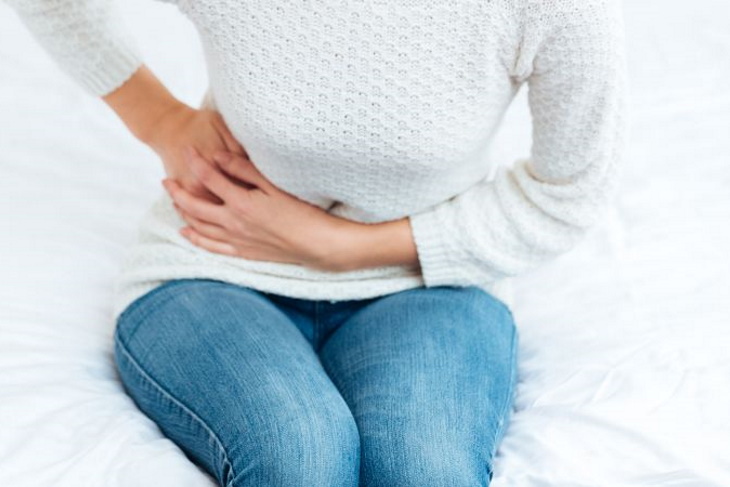Warmer months bring on hot and dry weather that increase the risk of developing kidney stones. Dehydration is the main reason summertime kidney stones occur. The majority of us spend more time outside during the summer than in other seasons. Staying out for long makes us thirstier and more susceptible to dehydration, which leads to painful kidney stones.
What are Kidney Stones?
Kidney stones are solid, irregularly shaped masses of crystallized mineral salts that build up in the kidneys. The stones can also grow in size, get lodged in the ureter (the tube that connects the bladder to the kidney), and block urine flow.
Possible symptoms of kidney stones include:
- Severe pain in the lower abdomen, back, or groin.
- Frequent and painful urination.
- Vomiting and nausea.
- Cloudy or bloody urine.
- Fever, chills, or flu may accompany these symptoms if you also have an infection.
If you are concerned about any symptoms or signs, make an appointment with your doctor.
Why are kidney stones formed?
There are two major reasons by which kidney stones form during summers:
Insufficient liquid intake
One of the most common reasons for kidney stones is dehydration. During summers, our bodies lose more water through sweating, so the chances of becoming dehydrated are high.
Insufficient water in the body makes the urine concentrated and causes lumps of toxic mineral salts that are not properly removed from the body. These lumps calcify and form kidney stones over time.
Unhealthy diet
It is also important to consider what we eat during summer. Intake of foods high in salt, protein, and sugar levels can increase kidney stone risk during this season. Hence, it is important to eat a diet that lowers the risk of developing kidney stones.
How to prevent kidney stones during summers?
Proper nutrition and hydration are key to preventing kidney stones. Increasing water intake can dilute the substances found in urine which leads to stones.
Drinking citrus drinks like orange juice and lemonade may be beneficial as the citrate in these beverages can help prevent stone formation. These are some of the best ways to prevent you or your loved ones from getting a kidney stone.
Keep yourself hydrated
To flush out toxins, salt residue, and wastes from your kidneys, drink 8-10 glasses of water per day. Seasonal fruits like watermelon, lichi, guava, musk melon, mangoes, etc., are also good for keeping the body hydrated.
Avoid fizzy, caffeinated drinks and alcohol, as they can result in a higher level of salt retention in the kidneys, increasing the risk of developing kidney stones.
Avoid processed foods, as they are high in sodium, leading to higher calcium excretion. An increased amount of sodium entering the urine can pull calcium along with it, raising the likelihood of stone formation.
Second, processed foods are often low in fiber, which can cause problems with the excretion of calcium oxalate or uric acid from the urine, which can also lead to stone formation.
Beware of oxalates
Oxalates are naturally occurring compounds in some plants. Limit the intake of foods high in oxalates, such as peanuts, legumes, sweet potatoes, peanuts, and nuts. Oxalates can bind to calcium and cause stones in your kidneys.
Consume citrus fruits and juices
Foods containing citrate inhibit the formation of stone. Citrate binds to calcium and makes it ineligible to form stones with oxalates. Rich sources of citrate include lemon, lime, oranges, and grapefruits.
Lower your animal protein intake
Red meat, pork, chicken, and poultry are all good protein sources, but they can increase uric acid production in the body. Avoiding them or at least limiting them could help in reducing the production of uric acid and hence, reduce the chances of kidney stones.
Consuming large amounts of protein can also lower the amount of citrate in your urine, increasing the chances of kidney stone formation. There are several alternatives to animal protein, such as yogurt, curd, hummus, and chia seeds.
Conclusion
Problems of kidney stones occur when they reach the ureter (tube which connects the bladder and the kidney). When the stone passes through the urinary tube into the bladder, it can cause severe pain.
People may experience various symptoms, including nausea, vomiting, and blood in their urine. You should seek medical attention immediately if you have any of these symptoms.
We at Gujarat Superspeciality Hospital are dedicated to provide our patients with the best of services and quality care. If you or someone you know is experiencing any health issues, consult with our specialists today at Gujarat Superspeciality Hospital from Monday to Sunday between 09 AM to 07 PM.


